There’s no sugarcoating the truth: living in a time of a pandemic is mentally exhausting and stressful. And one of the most common reactions our bodies have to stress is insomnia (lack of sleep). Truth be told, most people probably won’t be surprised with the correlation between stress and not being able to sleep. However, there’s actually plenty of scientific evidence that specifically relates COVID-19 to increased incidents of insomnia!
As the world continues to struggle against the coronavirus, more and more people have been reporting problems with insomnia. This goes beyond frontliners who literally lack the time to get some rest. Even people who spend most of their time indoors are having trouble sleeping, but why is that? Let’s find out!
1. COVID-19 lockdowns have affected our circadian rhythm
As you read this, more than half of the world’s population is currently stuck at home. Many businesses are closed, most schools are shut down, and plenty of people are working from home for the very first time. Needless to say, all these social distancing measures have led to serious disruption in our daily lives.
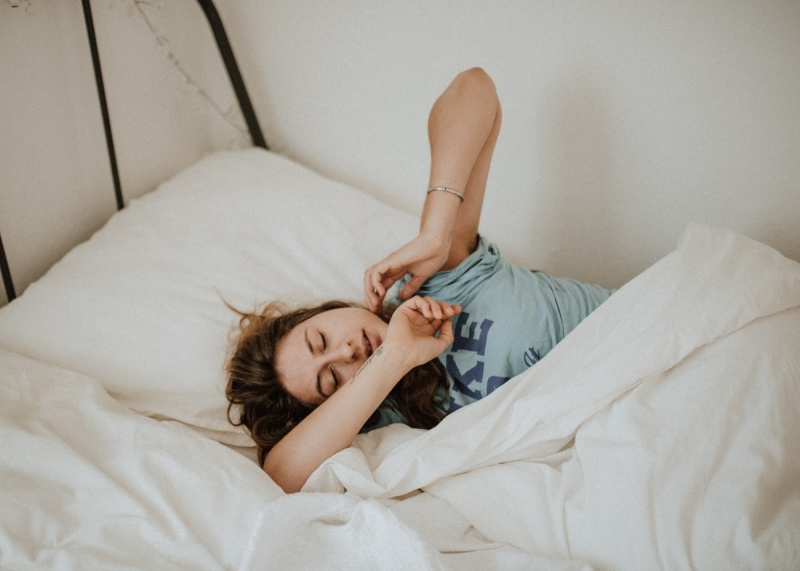
For those who are used to sticking to certain schedules, the sudden change may be something that’s extremely difficult to adapt to. It may also be a challenge to keep track of time since many aspects of our daily routine (such as going to the gym, clocking in at the office, attending a daily social gathering etc.) are no longer available.
There’s also a tendency to oversleep if you’re stuck at home. This is especially true if you’re unable to work from home at the moment. All these profound changes to our daily routine can severely affect your circadian rhythm which, for those not in the know, is a term used to describe the various physical and mental changes our bodies undergo throughout the day.
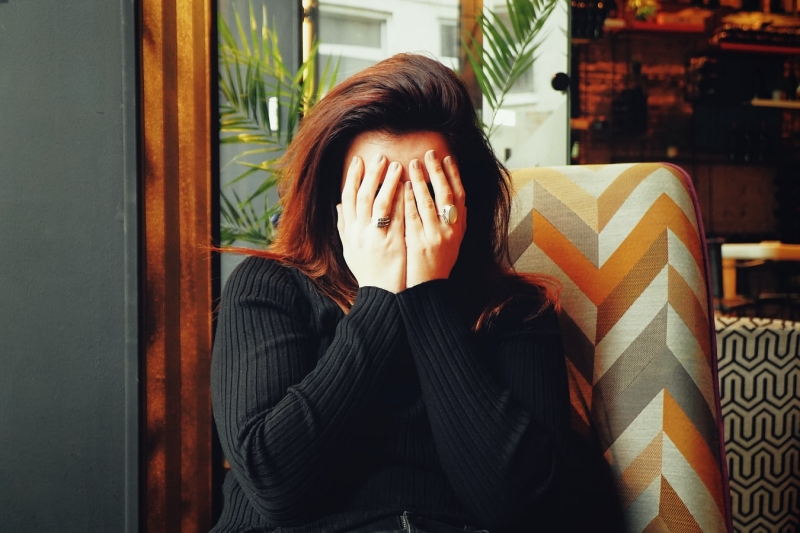
It responds to several factors and gives us timed cues on what we should be doing during any time of the day. For example, it associates darkness with rest, so when night falls, we automatically feel the need to sleep. Thanks to COVID-19 forcing us to stay at home however, our circadian rhythms are more likely to be disrupted. And when that happens, it becomes harder to fall asleep when you need to.
2. Things have gotten even more stressful at home
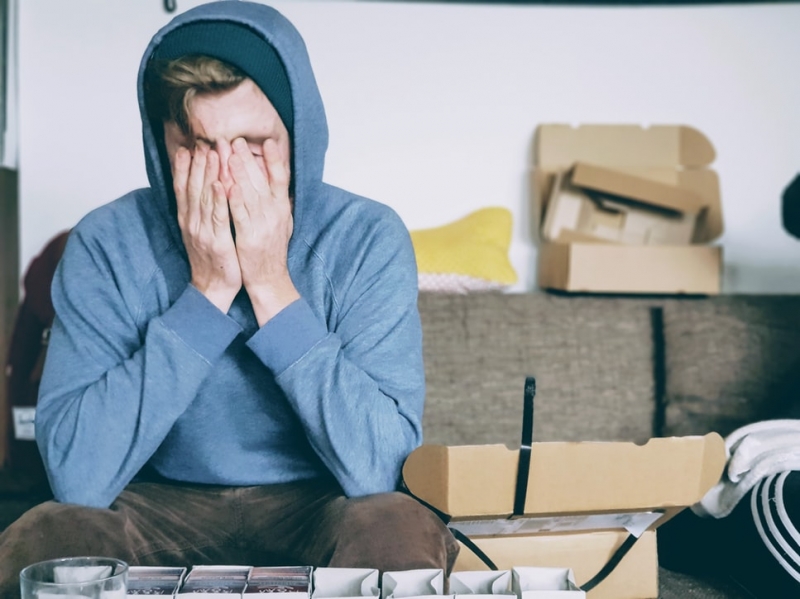
Whether it’s being worried about your health, the economic impact of COVID-19, or work-related issues, this pandemic has led to everyone to be more on edge than usual. And being cooped up indoors probably isn’t helping either.
While spending quality time with family is usually a positive experience, being forced to stay home with your loved ones for an extended period of time can sometimes put a strain on the relationship and lead to unnecessarily tense situations. What’s more, for parents who have to fulfill work-related obligations from home while taking care of their children, the likelihood of burning out is even higher.
However, the constant stress of living in this unprecedented age can also manifest in physical symptoms! Persistent headaches, indigestion, lack of energy and motivation, difficulty concentrating, and feeling tired all the time are all classic symptoms of stress-related fatigue. Unfortunately, even with a good night’s sleep, you may still feel the effects of fatigue in the morning, which tends to lead to a tiring day and difficulty falling asleep at night.
3. Now, there’s constant anxiety and isolation too
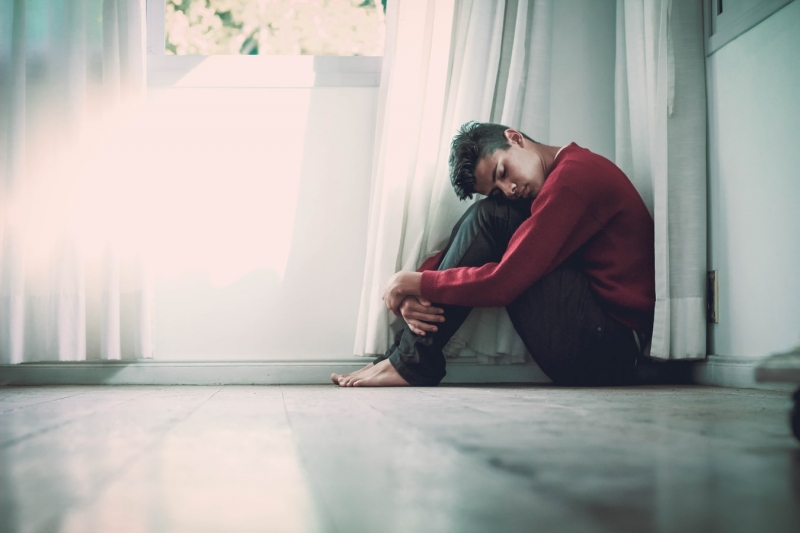
In order to curb the spread of the virus in their respective countries, many governments throughout the world have imposed mandatory social distancing measures. While potentially being an effective method to flatten the infection curve, these measures can also bring with it elevated anxiety and, for some, a feeling of isolation.
Without being able to leave their homes, people who live alone are essentially cut off from most forms of human interaction. This crippling sense of isolation can easily lead to a gradual onset of depression that ultimately has the potential to cause severe insomnia.
What’s more, with the media constantly focusing on COVID-19 news, it’s easy to be swept away by all the panic-inducing headlines and reports we see on the news. And if you have a mind like mine, all this built-up anxiety often rears its ugly head at night.
As I try to sleep, my mind begins to race and soon, I find myself being sucked into a restless night filled with anxious thoughts. That’s why I previously advised people not to religiously keep up with COVID-19 news. It comes from experience!
Also read: Here’s Why COVID-19 Numbers Aren’t As Important As You Think They Are
4. You’re glued to your phone while electronic screens pick on your brain
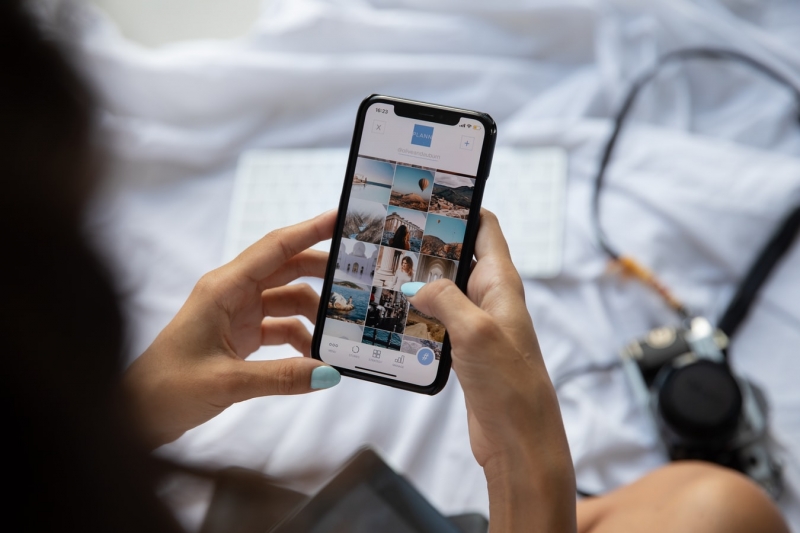
But even if you’re not the type to check your phone every five minutes for the latest coronavirus news, you’re probably still spending more time than usual staring at a screen these days.
It doesn’t matter if it’s just scrolling through Facebook, binge-watching your favourite K-dramas or having a Skype call with your friends, spending too much time on your phone or computer is also another reason why you’re having trouble sleeping.
The effects of this are even more detrimental in the evening. That’s because as you scroll through social media (like most people do before bed), what you might not realise is that the content you see is stimulating your brain, which makes it harder for it to relax when you need it to. Physically, the blue light from most phone screens has also been scientifically proven to impact the release of melatonin, which is an important hormone that helps us sleep.
So, what can you do about it?
In case you haven’t heard, maintaining proper sleep during a pandemic is extremely important. So of course, if you’re having insomnia, the natural thing to do is to find ways to deal with it. However, before you skip right to prescription medication, we have some tips that you can try to normalise your sleeping cycle.
1. Take your eyes off your screens an hour before bed
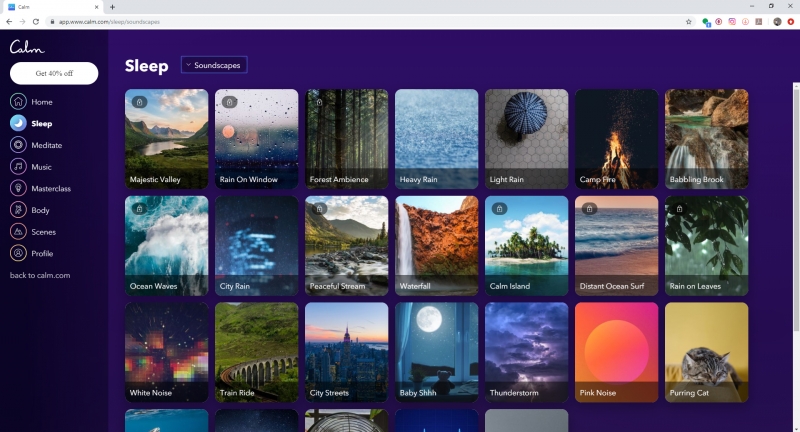
As mentioned earlier, spending too much time on your phone can lead to your brain being unable to properly unwind when it needs to. To counter this problem, simply stop staring at your phone or computer screen at least an hour before bed.
Instead, try some light reading, listening to relaxing music, or some light meditation. Nowadays, there are plenty of apps that you can use to help you relax during the night. My favourite is this meditation app called Calm. You can select from a list of relaxing music or simply surround yourself with the sound of nature (I personally enjoy the raindrops sound effect) to help you relax.
2. Don’t stare at the clock or look up COVID-19 news
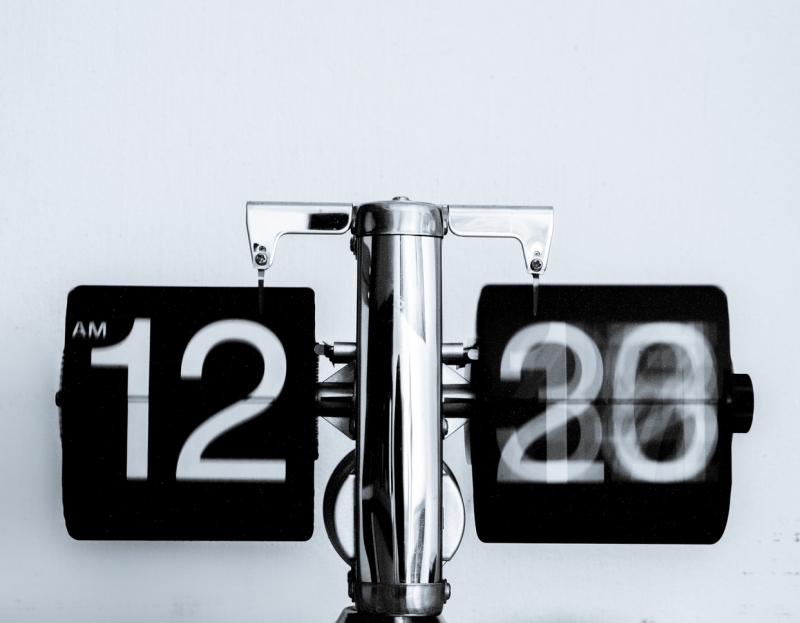
I understand that some people may still find it hard to peel their eyes away from their phones. However, if you truly can’t detach yourself from your phone for whatever reason, then at the very least, limit your exposure to COVID-19 news or other anxiety-inducing habits like staring at the time!
3. Try your best to maintain a “normal” sleep schedule
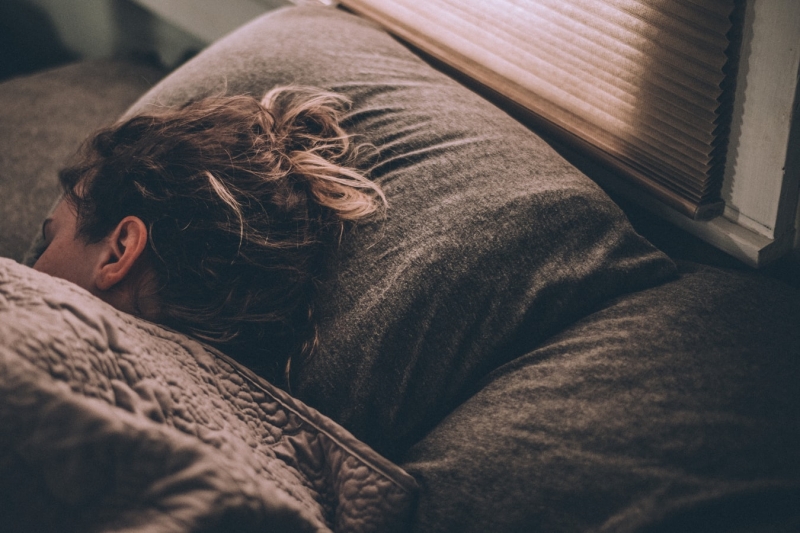
With all that is happening around us, it’s definitely okay to be a little kinder to ourselves and allow some leeway with our sleep schedule. However, there should also be moderation. For example, if it’s the weekend, feel free to sleep in, but try not to go to bed at 4am and wake up at 2pm the next day.
Instead, try your best to stick to a consistent sleep schedule, even if you decide to give yourself some leeway. Remember, once your circadian rhythm is disrupted, it can be extremely tricky to snap it back to its original cycle!
4. And finally, get some exercise!
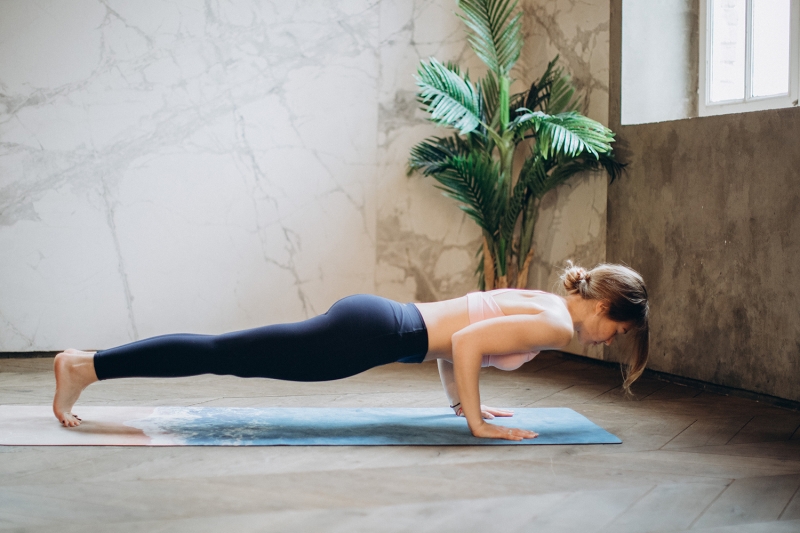
Speaking of maintaining a normal circadian rhythm, try your best to get some exercise in, even while you’re stuck at home. You may not be able to workout as hard or as long as you usually do, but exercise is a key factor in promoting physical and mental health. It can even help you sleep better at night.
If you’re not sure how to get started with a home workout, don’t fret. There are plenty of apps and free online courses that you can get inspiration from!
Also read: Home Workouts: Exercises You Can Do Using House Items As Equipment!
Once again, let me reiterate that living in a time of pandemic is a trying time for everyone. We’re bound to struggle in one way or another. If you’re struggling to sleep during this time, just know that you’re not the only one facing these problems.
Hopefully some of these tips can help you get some much needed rest tonight! Stay strong everyone, and stay healthy.




